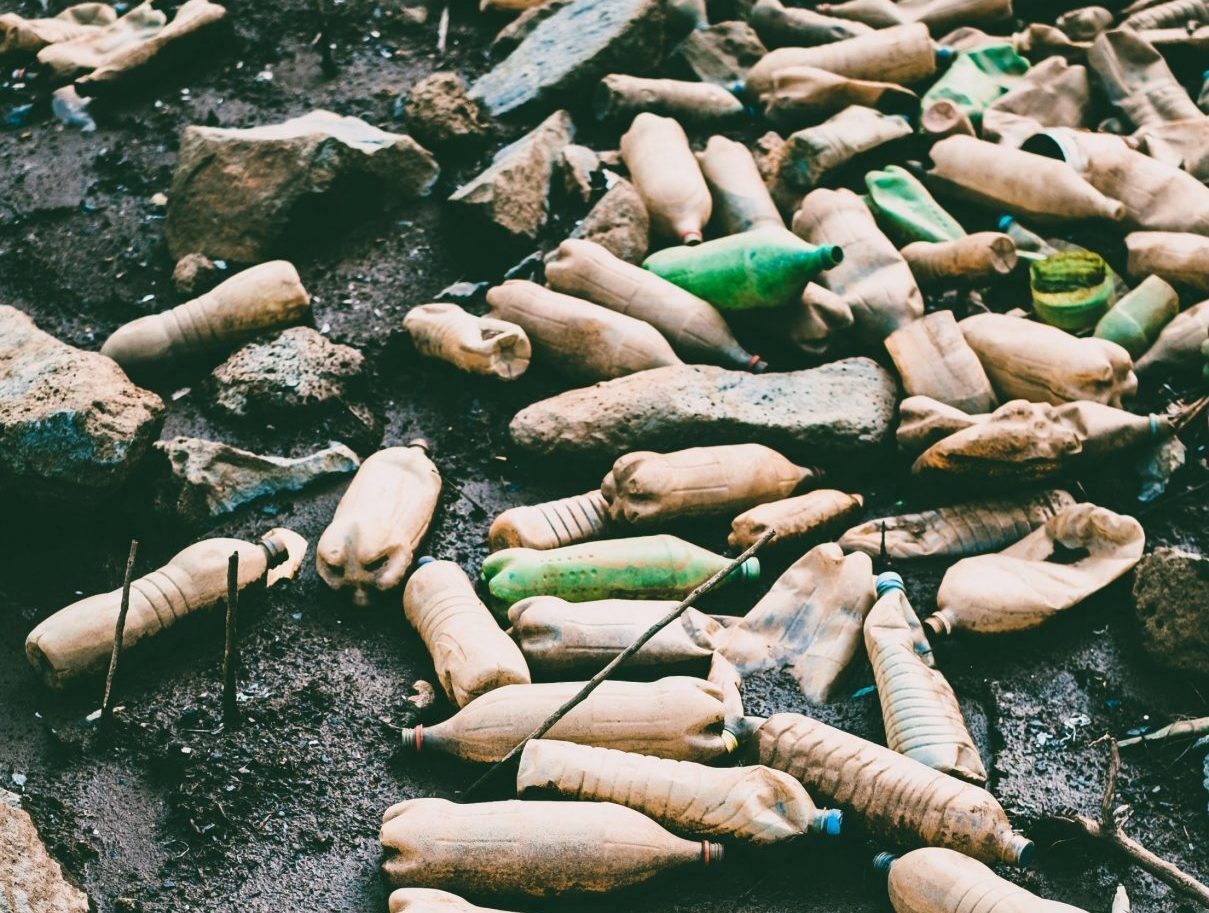The Effect of The EU Plastics Strategy on Manufacturing
Courtney Steele Industry News

You would have to be hiding under a rock not to notice the changes that are being implemented in the retail and hospitality industries when it comes to plastic. From the 5p charge for your plastic bag to the more recent paper straw in your iced-coffee, it is clear to see attitudes are changing.
And so they should. Statistics released by the Ellen MacArthur Foundation claimed that there will be more plastic than fish in the ocean by 2050. This is a terrifying statistic and it seems consumers would agree; a survey carried out by the European Commission found that approximately 80% of European citizens are concerned about the environmental impact of their purchases and that a lot of these people would be willing to pay more for products that they know have been manufactured using environmentally-friendly processes.
Retailers have picked up on this with many realising that implementing and advertising their more eco-friendly process and produce is not only good for the environment but is also good for business.
So, what effect will this have on manufacturers?
The UK uses over five million tonnes of plastics each year according to figures released by the British Plastics Foundation. That is a staggering number, and it is estimated that only around 29% of this is recycled or recovered.
However, if you compare these figures with the figures of the most polluting countries in the world; countries with no infrastructure, government funding or obligation to control plastic waste it is clear to see that that is where the real problem lies. A recent issue of National Geographic claimed that even if Europe and North America managed to recycle all their waste it would hardly make a dent in the total plastics found in the ocean.
Clearly, UK manufacturers cannot combat the entire issue by themselves, but it is a place to start and it is this area of the supply chain that people are looking to for change. Consumers will be increasingly purchasing based on whether or not what they are buying is damaging our planet, subsequently brands and retailers will be choosing products manufactured in a way that will appeal to their market so in order to keep business thriving, these changes must be made.
It would be naïve to suggest that we abolish all plastics and that would be an immediate solution. What we have to do is design with the end in mind. Manufacturers can look to use more lightweight materials with a reduced environmental impact or design products that are not meant for just single-use.
It is not a question of if but when changes to UK legislation will be made regarding plastics in packaging and many companies are already implementing eco-friendly strategies, a smart move. The way in which materials are used needs to change and whether manufacturers are affected positively or negatively is entirely up to each of them, as it is clear that those at the forefront and embracing the change will come out on top.
As all sectors in the supply chain come together to combat this global issue, it is an exciting time to be working within these industries. If you are looking for a new role or you are a business looking to grow your team, make things easier for yourself and Ask Alexander to assist you.